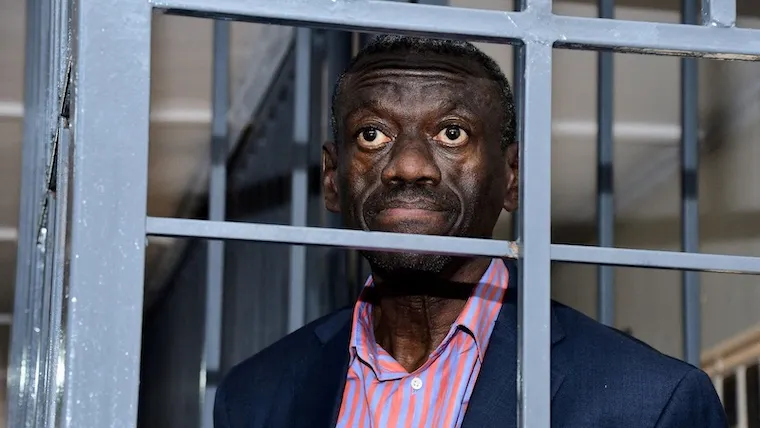The Minister for Justice and Constitutional Affairs has been ordered to present a statement on prolonged pre-trial detention within a week before Parliament.
The statement, originally scheduled for Tuesday, February 4, 2025, was expected to clarify reports that some suspects have been held in jail for up to 28 years without trial.
However, Attorney General Hon. Kiryowa Kiwanuka informed the House that the minister was unable to finalize the necessary consultations.
He explained that the Judiciary was preoccupied with preparing for the recent Supreme Court ruling on the trial of civilians in the General Court Martial.
“I regret to report that we are unable to make this statement today. When the matter arose last week, the minister attempted to meet with the Chief Justice and the Judiciary team, but they were occupied with Friday’s ruling,” Kiwanuka said.
Deputy Speaker Thomas Tayebwa dismissed this justification, pointing out that the Uganda Prisons Service regularly updates the Director of Public Prosecution and other relevant authorities on the status of prisoners.
“The Uganda Prisons Service provides updates every six months on the number and status of prisoners. I do not understand why further meetings would be necessary when the records are clear,” Tayebwa stated.
The Chairperson of the Committee on Human Rights, Hon. Fox Odoi-Oywelowo, also expressed skepticism, noting that his committee had already provided the Attorney General’s Office with detailed information from their oversight visits to prisons.
“We submitted a comprehensive list of remand prisoners who have been incarcerated for periods ranging from a few months to 28 years. I believe the Deputy Attorney General has sufficient information to proceed,” Odoi-Oywelowo said.
He added that the data included the prisoners’ locations, the charges against them, their dates of arrest, and the duration of their detention.
In response, Kiwanuka argued that his office could not act on the information without input from the courts responsible for remanding the prisoners.
“These individuals are in the custody of the courts. Simply having their list in the Attorney General’s Chambers does not grant us the mandate to act,” he explained.

